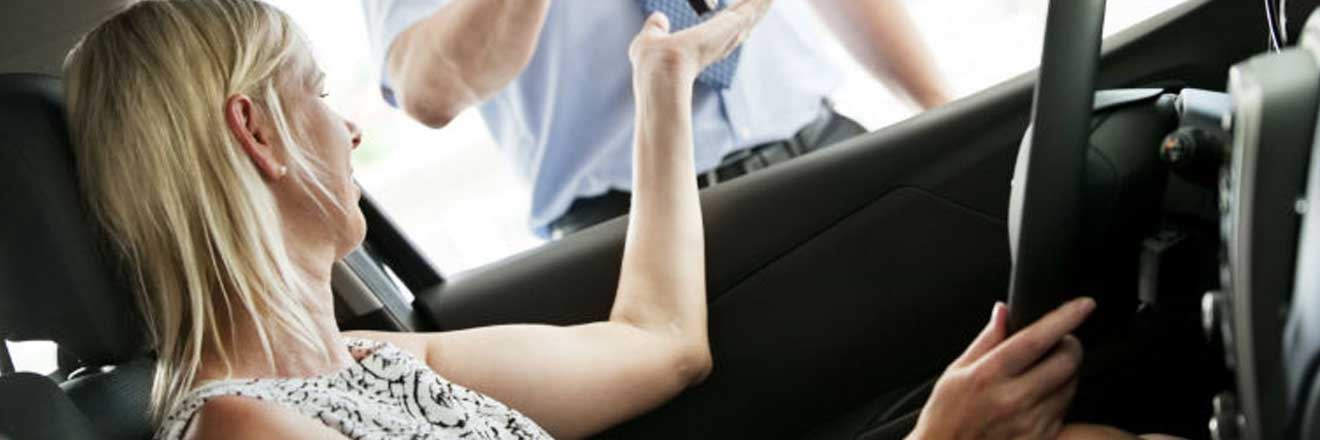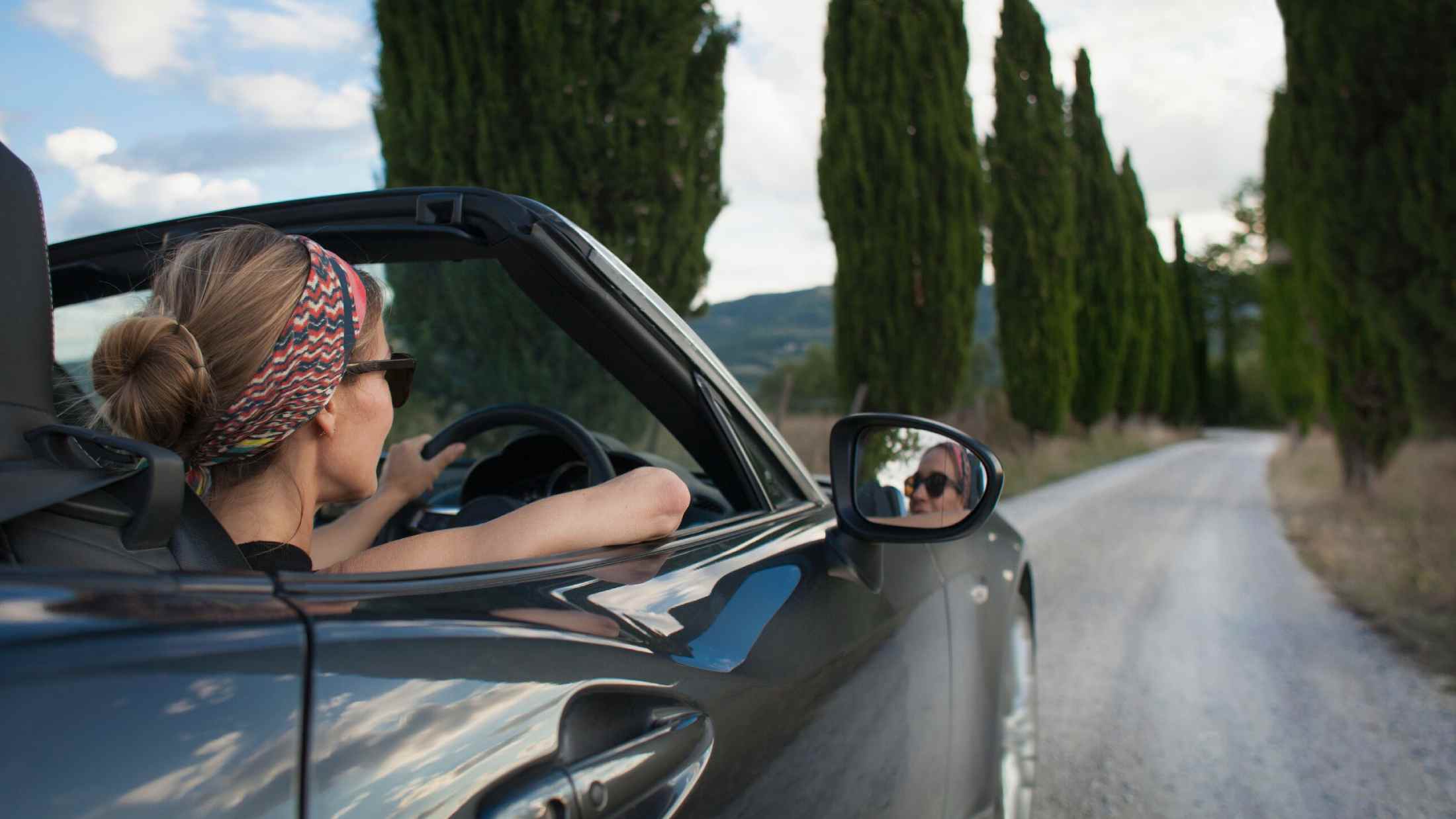Hiring a car on holiday makes it easier to explore at your own pace. However, the process itself is often not as straightforward as it could be.
Hiring a car on holiday gives you the freedom to explore at your own pace, without relying on public transport or tour operator schedules.
The actual car hire process can sometimes be complicated. Learn how to navigate the web of optional extras and contract clauses in this simple guide. we cover everything from paperwork and legal requirements to how to get the best value for money.
Finding a car hire provider while on holiday
There are a number of options available when it comes to finding a car hire company. You can start your search online. You can take advantage of early booking discounts, especially if you book in advance.
Using a price comparison site makes it easy to find the cheapest deals. Take care to check that each price is a fair, like-for-like comparison, as what's included may vary.
You can hire a car as part of a holiday package. An ATOL protected hotel or travel company will give you the right to claim compensation if there are any problems. You might also get access to exclusive deals. Although you should do a few quick searches to confirm they're really good value.
Your final choice is to go direct to a major provider. Though you may not find the same deals as on comparison sites, you do have the peace of mind that there will be a range of vehicle types on offer. The provider may to have a booth and vehicle pick-up point at your destination airport. This makes the process much easier and more convenient.
Essential paperwork
When you arrive at the rental office, you'll usually be asked to provide the following:
- A valid UK photocard driving licence, with your current address. From the 8th of June 2015 the paper counterpart licence is being taken out of use. You’ll no longer need to carry this with you. However, car hire companies will still need to check that you’re safe to insure. They will now do so using the new online Share Your Licence service. For more details on how this works, read our guide to how UK driving licences are changing.
- A valid passport or national ID card.
- Two documents proving your address – usually a bank/credit card statement and a utility bill.
- A credit or debit card in your name.
- The licences of any other named drivers.
You'll also have a number of car insurance options either when you book or pick up the car. Make sure that tyres and windscreens are covered as part of the standard policy. You should also consider excess waiver insurance or Collision Damage Waivers (CDWs). This optional extra is a way of avoiding a high excess in the event of an accident or any scratches and scrapes.
Policies offered by rental firms also vary widely in the actual cover they offer. Buy insurance for your hire car in advance, and make sure you read through your policy documents.
Try to use a credit card to pay for goods between £100 and £30,000. That way you'll have extra protection to claim money back under the Consumer Credit Act if anything goes wrong.
Common pitfalls
Several other extras and hire terms can sometimes catch motorists out. Chief among these is petrol policy. Avoid full-to-empty policies - you're unlikely to return the car with an empty tank. Which means you'll avoid paying for fuel you won't use. A full-to-full policy means you can just top up the tank to full before returning. You'll only pay for the fuel you use.
Extras like satellite navigation and child car seats often come at inflated prices. Research the costs of buying and bringing your own before deciding whether to pay a premium to pick one up at the hire desk.
Lastly, keep an eye out for extra driver charges if you're planning to share driving duties. These charges vary between hire firms. Sometimes you can save money by opting for a more expensive package (which includes extra drivers).
Vehicle checks
Before accepting your hire car, check the inside and outside for any existing damage. Take photos of all four sides of the car, focusing on any damage. A smartphone will record the time and date of your images.
Report everything to the hire firm and have them add anything extra you note to the paperwork before signing. Next, check for legally required items before you set off. For example, most European countries require that a car carries a:
- Hazard triangle
- First aid kit
- Reflective jacket/vest
- Spare bulbs
- Fire extinguisher
These should be provided, and it's also reasonable to expect a puncture repair kit or spare tyre. When you're dropping off your car, go through the same checking and recording process. This is so you can prove the car suffered no damage in your care.
Return keys direct to the hire offices and have the car signed back in if you can. If not, use the safe deposit box. Thieves have sometimes been noted to pose as official hire company reps. Be vigilant and don't trust anyone wandering around the return bays.




